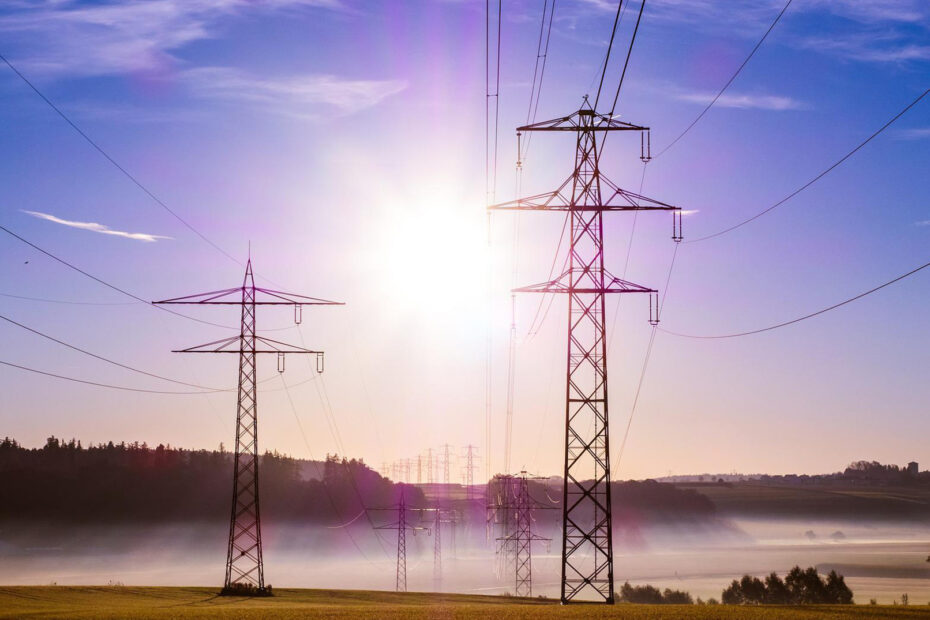This was originally published in Energy Net Zero on 1 December 2022.
On 3 November, UK Energy Research Centre (UKERC) published a response to BEIS’ Review of Electricity Market Arrangement (REMA) consultation.
The response addresses the overall vision and objectives, case for change, the evaluation criteria defined by BEIS, locational pricing and local markets, lessons from other countries, changes to wholesale markets and incentives for low carbon generation, flexibility, and capacity. It noted that some of the proposals would place new responsibilities on retail energy suppliers and need to be considered alongside any reforms to their role.
The consultation initially asked if respondents agreed with the vision for the electricity system presented. UKERC explained that, while it agrees with a lot of the discussion in the consultation document, it has selected “no” due to important caveats. It noted that while demand response in a variety of forms can lower overall system costs, there are constraints on the ability and willingness of consumers to adjust consumption according to availability. It also argued that the role for demand response from households will be limited until the amount of potentially flexible load is expanded through increased use of electric vehicles and heating.
UKERC expressed caution over the idea that market reform is required in the interim of deploying low carbon energy. It suggested that the government is already capable of delivering low carbon generation in increasing amounts, following the success of the Contract for Difference (CfD) scheme, for example. It stated that it would be more accurate to consider enhancing flexibility and ensuring resilience and operability without compromising low carbon generation as a principal requirement.
The consultation asked whether respondents agreed with its objectives for electricity market reform (decarbonisation, security of supply and cost-effectiveness). UKERC stated that it agreed with the top-level objectives of decarbonisation, security and affordability. It did however question whether price signals are key to enabling consumers to engage with decarbonisation goals. It added that electrification of heat and road transport must be accelerated to promote demand-side participation.
The consultation also asked whether respondents agreed with the future challenges for the electricity system that it has identified. It also asked if there were further challenges that should be considered. UKERC stated that it believed that challenges associated with location/network constraints and price volatility are misconstrued. It argued that this risks policy focus and prioritisation being wrong. It has recommended that the government categorise these as reducing exposure to and disruption from volatile global fuel prices and ensuring that wholesale electricity price variation send beneficial signals to investors without undermining the investment case for low carbon generation.
BEIS also asked whether respondents agreed with its assessment that current market arrangements are not fit for purpose for delivering its 2035 objectives. UKERC stated that while it agrees with many issues identified, the list does not include the need to cost-effectively finance and deliver 10s of GW of wind and solar plants, along with new nuclear, CCS or hydrogen generation.
UKERC agreed with BEIS’ criteria for assessing options: least cost, deliverability, investor confidence, whole-system flexibility and adaptability. It recommended that a hierarchy of criteria be developed allowing simpler prioritisation of key issues. It also agreed with BEIS’ organisation of the options for reform.

If you would like to access all your services in our customer portal, CATALYST, please click here.
